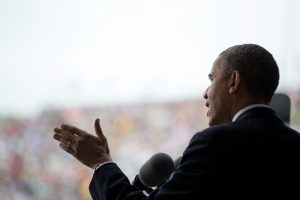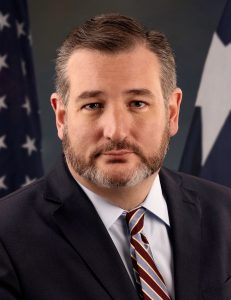Global Times,globaltimes.cn
US-China Economic and Security Review Commission (USCC)'s 2018 annual report to Congress is more radical than it was in previous years. The bipartisan commission recommended that the US government establish a fund to counter Chinese infrastructure financing deals in the developing world that export China's "model of authoritarian governance".
USCC, created through a congressional mandate in October 2000, is responsible for monitoring and investigating national security and trade issues between China and the US. The commission has been releasing reports on China almost every year since 2002. But maligning China has become USCC's way of going about its business. As Sino-US relations have worsened this year, many US think tanks raised their chorus to accuse China. Not to fall behind, USCC waved the anti-China flag even higher.
In USCC's 2018 report, China's infrastructure financing overseas was described as an excuse to maintain its military presence in the regions. It says China is developing 5G technology to launch a cyber attack. The commission claims that Beijing is accelerating its military modernization timetable to be "on par with" the US. The report also recommended that Congress impose sanctions on Chinese State-owned enterprises and individuals "involved in China's ongoing militarization of the South China Sea".
The report stressed the Taiwan question as before. It claimed that Beijing "has taken significant actions to alter the status quo in the Taiwan Straits". The commission suggested that Congress "prohibit US companies from complying with China's efforts to apply pressure on Taiwan," "express support for the Tsai administration's approach to maintaining the status quo in the Taiwan Straits" and "support the implementation of Taiwan's new Overall Defense Concept".
USCC's report will provoke anti-China sentiment in the US, warn the US Congress and government and add pressure on China.
Besides the Country Reports on Human Rights Practices, the US issues other reports such as Military Power of the People's Republic of China and USCC's annual report to take on Beijing. The US Congress holds hearings about China and advances proposals on the country. It's often reported that the US Department of Justice declares it charges "Chinese spies". Media and some politicians smear China now and then. Even when China-US relations were good, the situation was not much different.
But China is mild and reasonable toward the US. Chinese officials never brazenly criticize the US, and official media only fights back when Washington provokes us. When official Chinese media criticizes the US, it is pretty cautious.
With deepening reform and opening-up, China will face more diplomatic pressure. China has fewer measures and limited tools facing a US propaganda war on China. Western countries have many NGOs that find faults with China, together with aggressive senators and congressmen. Although traditionally they don't have counterparts in Chinese society, there should be alternatives to oppose or thwart Washington's darts.
The Chinese public has the enthusiasm and creativity in executing public diplomacy [JB emphasis]. They can, and will, find their own way of fighting against foreign provocation. Chinese government shouldn't always be the target and Western countries should also be confronted with China's strong non-governmental voices.
Original Article
China meets an unequal detractor in US
Views: 1












